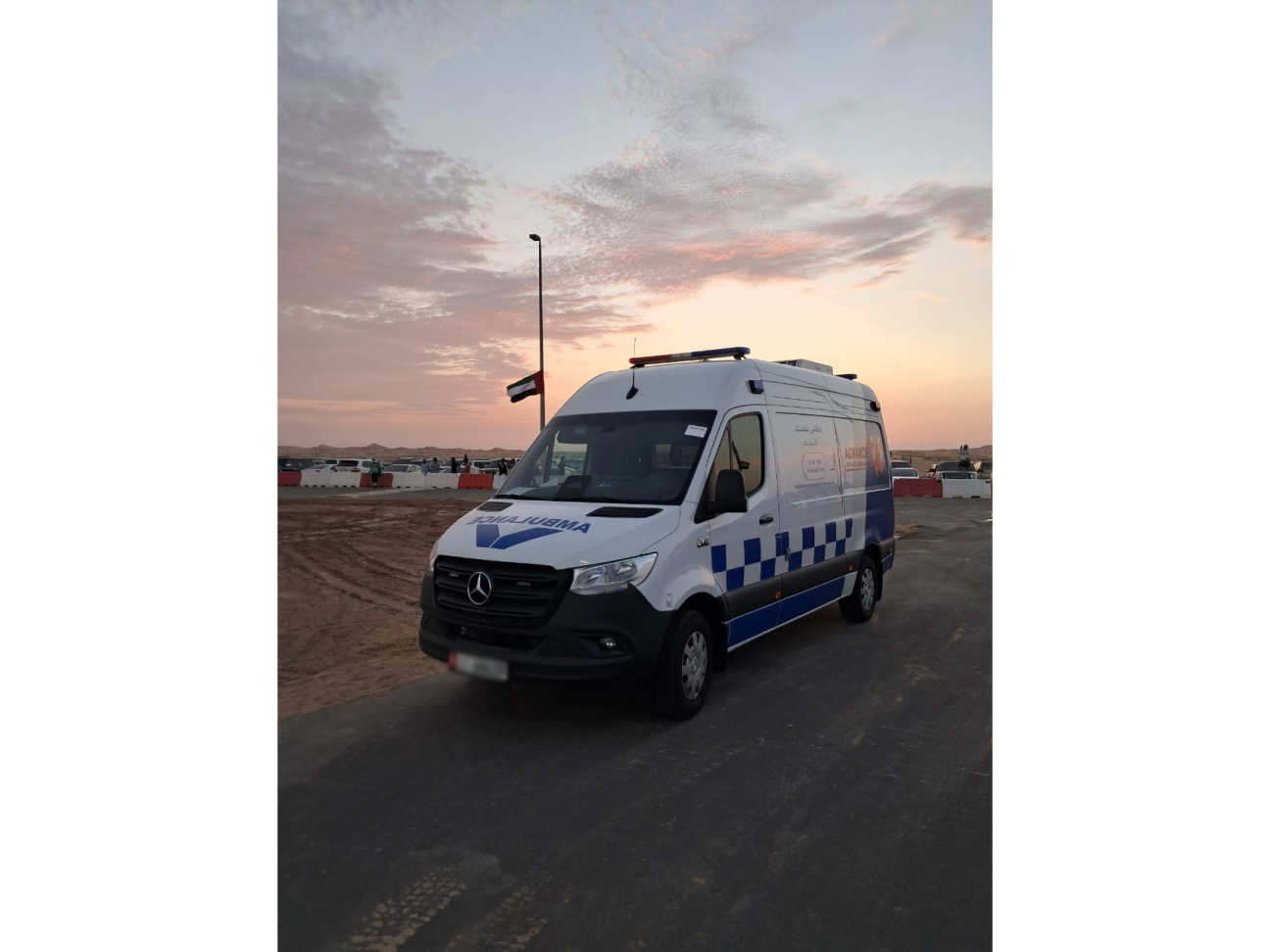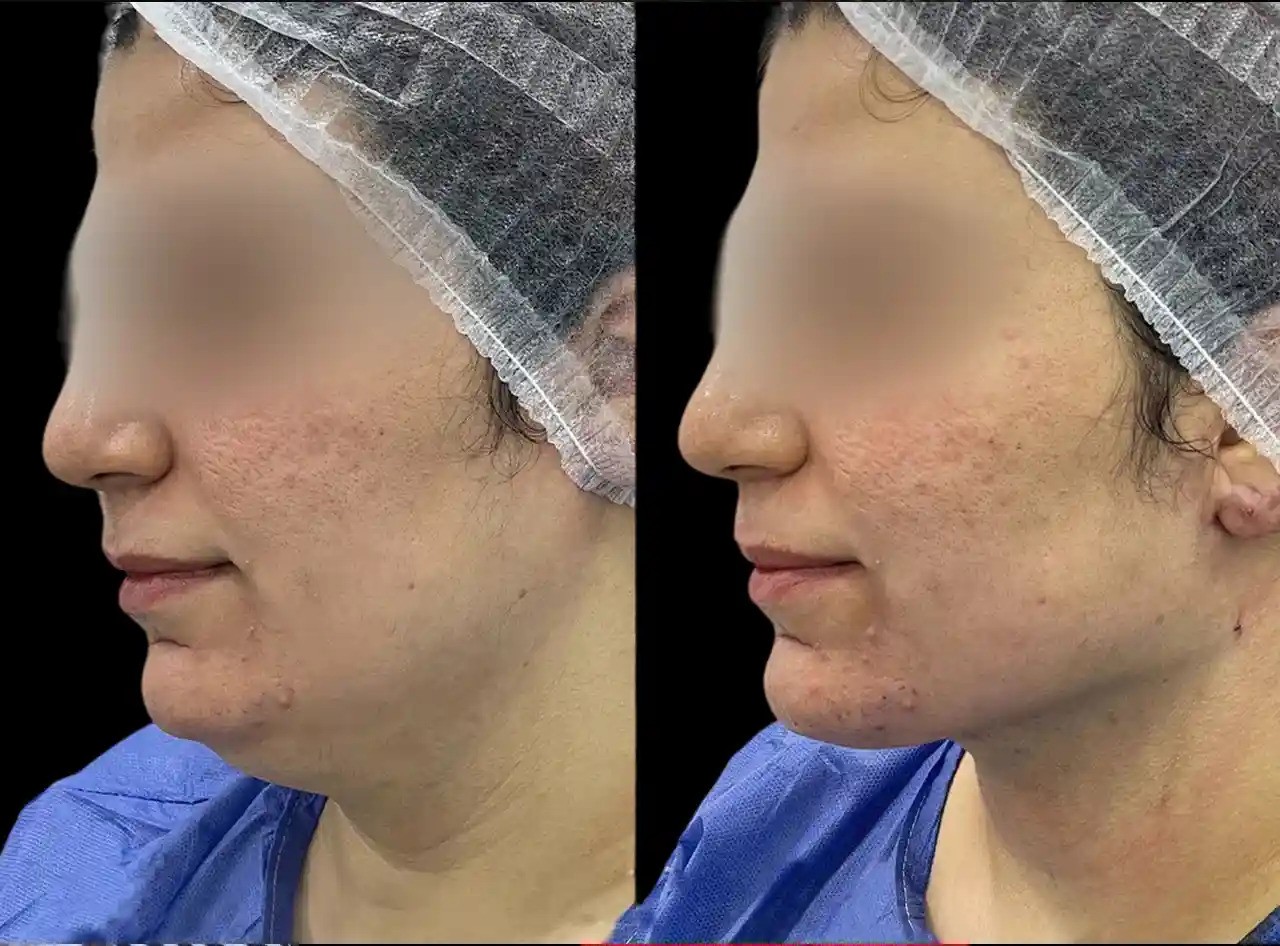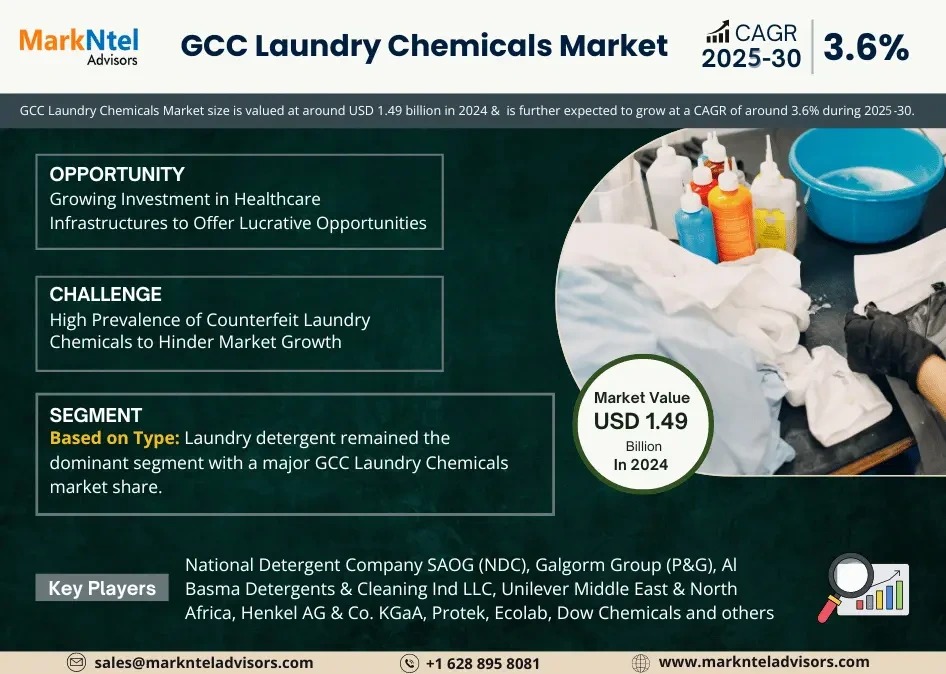
When it comes to medical emergencies, time is the most crucial factor. A few seconds can make the difference between life and death. Knowing which conditions require immediate ambulance attention can help save lives, prevent complications, and ensure timely medical care. While not every health issue demands urgent care, certain situations call for fast and professional medical intervention.
This blog will explore the common medical conditions that require immediate ambulance attention, how to recognize them, and why quick response matters. Whether you’re an individual, a caregiver, or someone organizing a large gathering that might need an Ambulance For Events, understanding these critical scenarios can prepare you for emergencies.
Let’s take a detailed look at the top medical conditions that often demand a call to a 24 Hours Ambulance Service.
Heart-Related Emergencies
1. Heart Attack (Myocardial Infarction)
A heart attack is one of the most time-sensitive medical emergencies. It happens when the blood flow to the heart muscle is blocked, usually due to a blood clot. The signs may not always be dramatic but can include:
- Chest pain or pressure
- Pain radiating to the jaw, arm, or back
- Nausea, shortness of breath, cold sweats
Why it’s urgent: The heart muscle begins to die within minutes without blood flow. Immediate ambulance care ensures rapid transport and possibly life-saving interventions like oxygen, aspirin, or defibrillation.
2. Cardiac Arrest
Unlike a heart attack, cardiac arrest occurs when the heart suddenly stops beating. This causes a sudden collapse, no pulse, and no breathing.
- Victim is unresponsive
- No signs of life
- Sudden fainting or collapse
Why it’s urgent: Every minute without CPR or defibrillation reduces the chance of survival by 10%. An ambulance team is equipped with an AED (automated external defibrillator) and trained professionals who can provide CPR en route to the hospital.
3. Severe Hypertension (Hypertensive Crisis)
Dangerously high blood pressure can lead to stroke, heart attack, or kidney damage.
- Severe headache
- Vision problems
- Chest pain or difficulty breathing
Why it’s urgent: Quick ambulance transport and medical management can prevent fatal outcomes like brain hemorrhages or heart failure.
Neurological Conditions
1. Stroke (Cerebrovascular Accident)
A stroke occurs when the blood supply to part of the brain is interrupted or reduced. It can cause permanent brain damage or death.
Common signs (FAST method):
- Face drooping
- Arm weakness
- Speech difficulty
- Time to call emergency
Why it’s urgent: The first three hours after a stroke (the “golden window”) are critical for administering clot-busting drugs. Delayed care can result in irreversible damage.
2. Seizures (First-Time or Prolonged)
While many people with epilepsy manage their condition, a seizure lasting more than five minutes or occurring for the first time needs immediate help.
- Uncontrolled shaking
- Loss of consciousness
- Irregular breathing
Why it’s urgent: Seizures can lead to brain damage, injury, or breathing difficulties. Ambulance staff can administer medications and safely monitor airway and breathing.
3. Severe Head Injury
Head trauma from accidents, falls, or violence should never be ignored, especially if it leads to unconsciousness, confusion, or vomiting.
- Loss of consciousness
- Memory loss
- Bleeding or fluid from ears/nose
Why it’s urgent: Internal brain bleeding or swelling may not be obvious but can escalate quickly. Immediate ambulance transport is necessary for a CT scan and observation.
Respiratory Distress
1. Asthma Attack
Asthma becomes life-threatening when airways become severely inflamed and constricted, preventing normal breathing.
- Wheezing or no breath sounds
- Rapid breathing
- Blue lips or fingernails
Why it’s urgent: If inhalers aren’t working and the person is gasping, a 24 Hours Ambulance Service is critical to provide oxygen, nebulizers, and emergency medication.
2. Anaphylaxis
This severe allergic reaction affects breathing and blood circulation and can be triggered by food, insect bites, or medication.
- Swollen face or lips
- Difficulty breathing
- Rapid heartbeat, low blood pressure
Why it’s urgent: Without immediate adrenaline injection and airway management, anaphylaxis can be fatal within minutes.
3. Pulmonary Embolism
This is a sudden blockage in a lung artery, usually due to a blood clot traveling from the legs.
- Sudden chest pain
- Shortness of breath
- Coughing up blood
Why it’s urgent: A pulmonary embolism can cause rapid heart failure or collapse. Ambulance care ensures swift evaluation and stabilization.
Trauma and Accidents
1. Road Accidents
Any moderate to severe road accident needs ambulance assistance, especially if there are visible injuries or suspected internal damage.
- Bleeding
- Fractures
- Unconsciousness
Why it’s urgent: Professional responders can stabilize spinal injuries, control bleeding, and transport the patient safely.
2. Falls in Elderly
Elderly individuals who fall can suffer from fractures or internal bleeding, even if the fall appears minor.
- Hip pain
- Confusion
- Inability to move
Why it’s urgent: A seemingly minor fall can conceal life-threatening conditions like brain bleeds or broken bones.
3. Burns
Severe burns from fire, chemicals, or electricity can cause shock, fluid loss, and infections.
- Skin damage
- Blisters or charred skin
- Breathing issues if smoke inhalation occurred
Why it’s urgent: Ambulance teams can administer pain relief, fluids, and wound care before hospital admission.
Mental Health Crises
1. Suicidal Behavior
Anyone threatening to harm themselves or others requires immediate psychiatric intervention and safety precautions.
- Verbal threats
- Self-harm attempts
- Extreme agitation
Why it’s urgent: These situations can escalate quickly. Ambulance crews can manage the situation safely and coordinate with mental health professionals.
2. Severe Psychosis or Delirium
People experiencing hallucinations, paranoia, or confusion due to medical or psychiatric reasons may pose a danger to themselves.
- Disorientation
- Aggression
- Incoherent speech
Why it’s urgent: Safe and secure transport, along with sedation or restraints if necessary, are best handled by professionals.
3. Drug Overdose
Overdose from prescription medication, recreational drugs, or alcohol is a growing emergency.
- Loss of consciousness
- Slowed breathing
- Pinpoint pupils (in opioid overdose)
Why it’s urgent: Immediate medical care, including naloxone or airway support, can reverse life-threatening effects.
Pediatric Emergencies
1. High Fever with Seizures (Febrile Seizures)
In small children, high fevers can lead to seizures that terrify parents.
- Shaking
- Eye rolling
- Brief unresponsiveness
Why it’s urgent: Although most febrile seizures are not dangerous, ambulance transport ensures the child gets oxygen and is evaluated quickly.
2. Choking
Children often put small items in their mouths, risking choking.
- Gagging
- Inability to cry or speak
- Turning blue
Why it’s urgent: Immediate airway management is critical. First aid alone may not be enough without ambulance backup.
3. Drowning Incidents
Even brief submersion in water can result in “dry drowning” hours later.
- Coughing
- Difficulty breathing
- Pale or bluish skin
Why it’s urgent: Professional evaluation ensures water isn’t in the lungs and allows proper resuscitation if needed.
Diabetic Emergencies
1. Hypoglycemia (Low Blood Sugar)
Diabetics can experience dangerously low blood sugar if they skip meals or take too much insulin.
- Sweating
- Confusion
- Loss of consciousness
Why it’s urgent: If the person becomes unresponsive, glucose gels or IV treatment from ambulance staff can prevent coma.
2. Hyperglycemia or Ketoacidosis
Extremely high blood sugar levels, especially in type 1 diabetics, can lead to diabetic ketoacidosis.
- Rapid breathing
- Fruity breath odor
- Nausea, vomiting
Why it’s urgent: This condition leads to organ failure without fluid and insulin therapy, which requires hospital intervention.
When You Need an Ambulance For Events
Any large public or private gathering increases the risk of unexpected medical emergencies. Whether it’s a sports event, concert, wedding, or festival, organizers must prepare for all possibilities by arranging an Ambulance For Events.
Having medical professionals on standby ensures:
- Immediate response to injuries or illnesses
- Crowd safety during emergencies
- Rapid hospital transport in critical situations
This preparedness not only meets legal or regulatory requirements but also brings peace of mind to attendees and organizers alike.
Final Thoughts
Medical emergencies don’t wait for a convenient time. Whether it’s a cardiac arrest, stroke, severe trauma, or psychiatric crisis, certain health conditions demand urgent attention that only a 24 Hours Ambulance Service can provide. Recognizing the signs of these conditions and responding quickly can save lives, reduce complications, and offer essential support to those in crisis.
For event organizers or concerned individuals, ensuring an Ambulance For Events is available can make a critical difference in emergencies. Being informed, prepared, and proactive is the best defense when every second counts.






